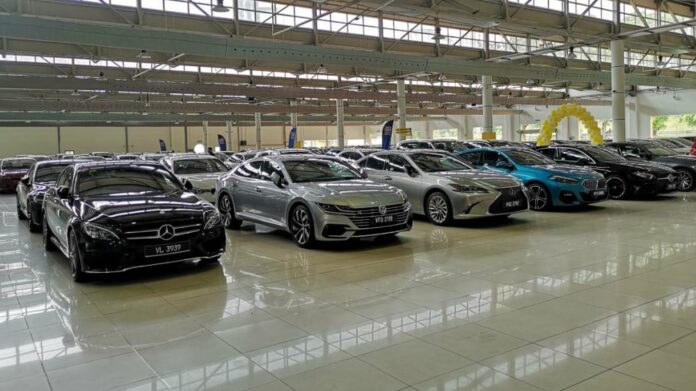The automotive industry is one of the largest sectors in the world, with millions of vehicles sold annually. S&P Global reports that, in 2024, global car sales reached approximately 74 million units, with major automakers controlling a significant portion of the market. While many car brands appear independent, most are owned by larger corporations that manage multiple brands under one umbrella. This interconnected web of ownership influences everything from design and technology to pricing and market strategy.
According to S&P Global, automotive market reporting tracks hundreds of millions of new and used vehicle registrations, helping manufacturers gauge their success and benchmark against competitors. The industry is also shaped by mergers and acquisitions, with global deal values reaching billions of dollars in recent years.
Understanding car brand ownership is crucial for consumers, as it affects reliability, resale value, and innovation. Many brands under the same parent company share parts, technology, and service networks, making it easier for buyers to assess quality and long-term performance.
The giants of the auto industry
A handful of major corporations dominate the global car market, owning multiple brands across different segments. Volkswagen Group, for example, owns Audi, Porsche, Bentley, Lamborghini, Bugatti, and Škoda. This means that a Lamborghini Huracán and an Audi R8 share many components, despite being marketed as completely different cars.
General Motors (GM) controls Chevrolet, Buick, GMC, and Cadillac, while Toyota Motor Corporation owns Toyota, Lexus, and Daihatsu. These parent companies ensure that their brands benefit from shared technology, research, and production facilities.
Unexpected ownership connections
Some car brands have changed hands multiple times, leading to surprising ownership connections. Jaguar and Land Rover, once British-owned, are now part of Tata Motors, an Indian company. Similarly, Volvo, originally Swedish, is now owned by Geely, a Chinese automaker.
Luxury brands like Rolls-Royce and Bentley have also undergone ownership changes. Rolls-Royce is now part of BMW, while Bentley belongs to Volkswagen Group.
The rise of electric and new brands
The automotive industry is evolving, with new brands emerging in the electric vehicle (EV) space. Tesla, founded by Elon Musk, remains independent, but other EV brands are backed by major corporations. Polestar, for example, is owned by Geely, the same company that owns Volvo.
Meanwhile, Rivian, an American EV startup, has received investments from Amazon and Ford, showing how tech companies are entering the car industry.
Why ownership matters
Understanding car brand ownership helps consumers make informed decisions. Brands under the same parent company often share parts, technology, and service networks. For example, if you own an Audi, you might find that some components are identical to those in a Volkswagen or Porsche.
Ownership also affects reliability, resale value, and innovation. Companies like Toyota and Volkswagen invest heavily in research, ensuring their brands benefit from cutting-edge technology.
The automotive industry is a constantly shifting landscape, with brands changing hands, merging, and forming alliances. Whether you’re buying a budget-friendly car or a luxury vehicle, knowing who owns who can give you insight into the quality, technology, and future of your chosen brand.




